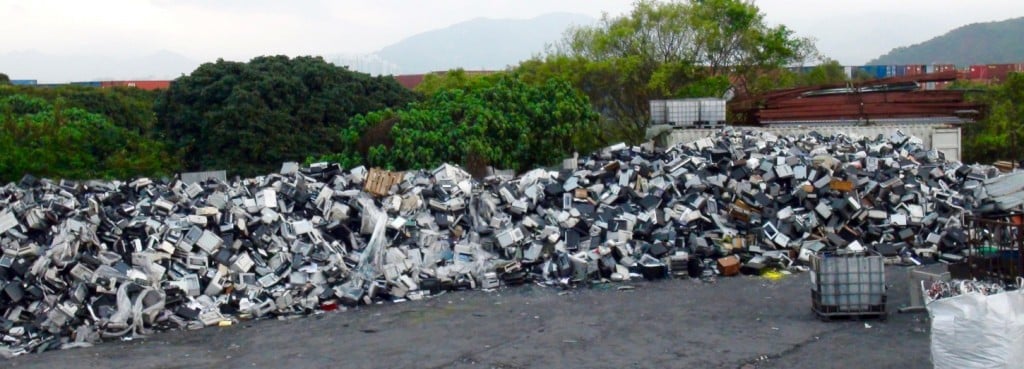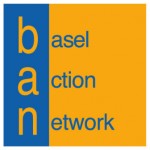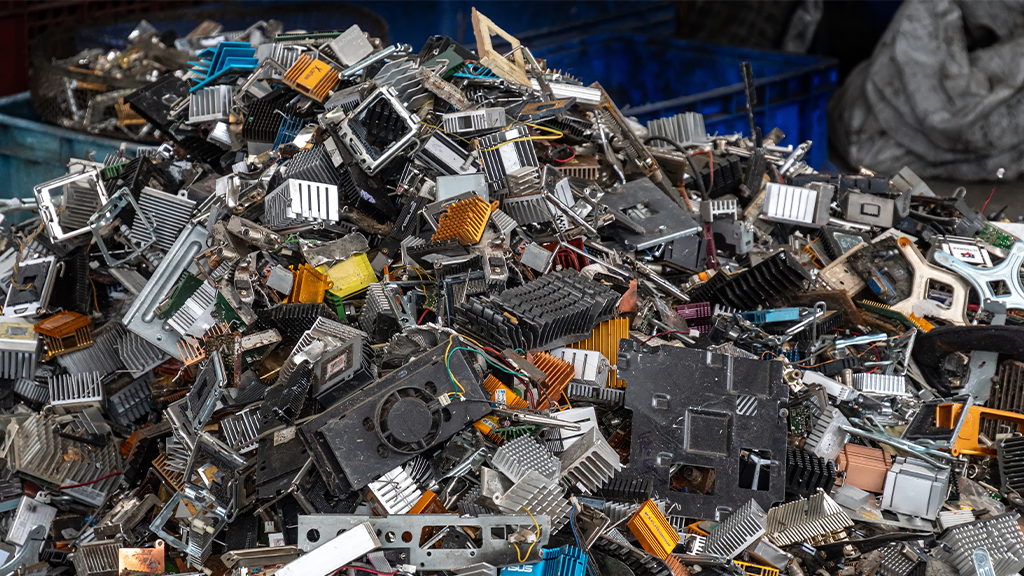Global ban on exporting hazardous waste to developing countries close to becoming law
Ratification by St. Kitts and Nevis brings agreement very close to ratification, according to BAN

At the end of August, the Caribbean country of St. Kitts and Nevis deposited their ratification of the Ban Amendment to the Basel Convention, moving the global waste dumping prohibition one country away from entry into the force of international law, according to BAN (Basel Action Network). The Ban Amendment, adopted by the Parties to the Basel Convention in 1995, prohibits, for those countries ratifying it, the export of hazardous wastes from member states of the European Union, Organization for Economic Cooperation and Development and Liechtenstein to all other countries. Currently, 96 countries have ratified.
The Ban Amendment - called for by European, developing countries, and environmental and human rights groups in the early 1990s - has been hailed as a landmark agreement for global environmental justice. This amendment, in view of the recent epidemic of unwanted wastes exported from North American and European countries ending up in Asia and Africa, is seen as more relevant than ever.
"The entry into force of the Ban Amendment has been a long time coming and we are now very close to that day," said Jim Puckett, founder and director of the Basel Action Network (BAN). "The Basel Ban is very important to the many countries around the world that each day receive hundreds of containers of unwanted hazardous electronic and contaminated household wastes with much of that waste contaminating their environment and harming their population. We applaud St. Kitts and Nevis and now urge all countries that have not already done so to move forward with ratification."
Only countries that were Parties present at the third meeting of the Basel Convention that took place in 1995 can be counted for entry into force. Canada and Mexico are among remaining countries from which a ratification is now needed. The countries needed for ratification are: Australia, Israel, Bahamas, Japan, Bangladesh, Mexico, Brazil, New Zealand, Canada, Pakistan, Comoros, Philippines, Costa Rica, Republic of Korea,Croatia, Russian Federation, Cuba, Senegal, Democratic Republic of Congo, United Arab Emirates, India and Vietnam.
According to BAN, the United States, the world's most wasteful country per-capita, has not ratified the Basel Convention, nor the Ban Amendment. Consequently, the U.S. still allows the export of many hundreds of containers of hazardous e-waste to leave their shores each week for developing countries where they are processed by informal sector actors in primitive, and highly polluting operations. BAN has tracked such exports using GPS trackers and has found that 40% of e-waste delivered to US recyclers finds its way off-shore to Asian and African countries. Such exports are considered criminal traffic once they leave U.S. shores. Other developed countries like Canada, Japan, Australia, and New Zealand, likewise, have e-waste export problems and they too have so far refused to ratify the Ban Amendment.
"There can be no excuse for using the developing world as a convenient dumping ground for hazardous wastes, under the guise of recycling," said Puckett. "Once the Basel Ban enters into force the crime of waste trade should be abundantly clear to those countries and industries now horribly complicit with this e-waste tragedy."



